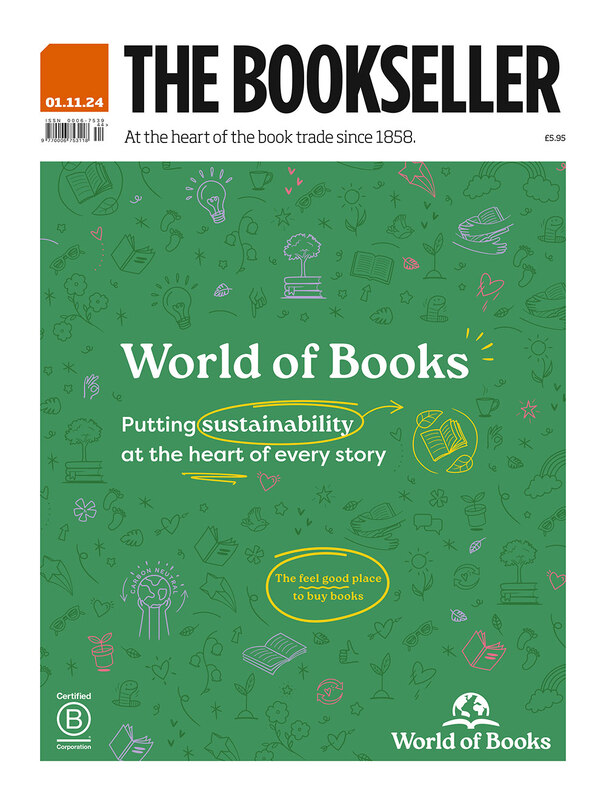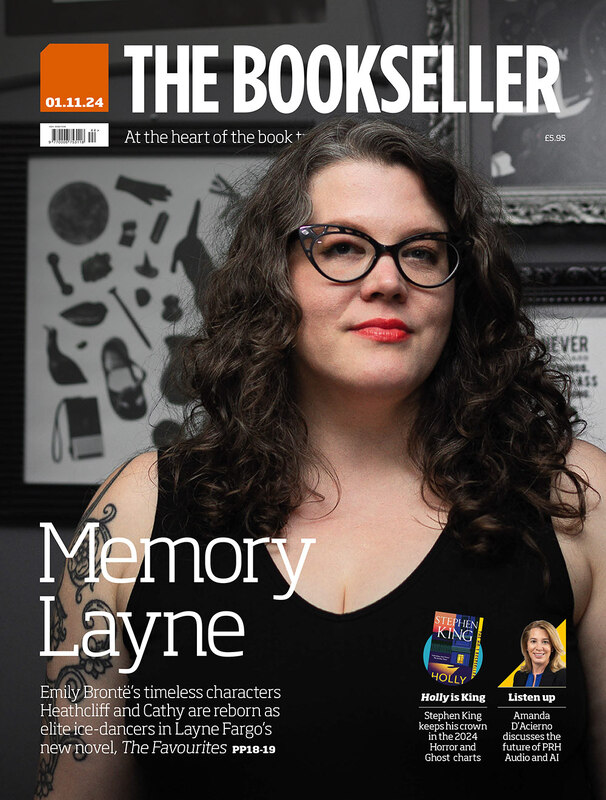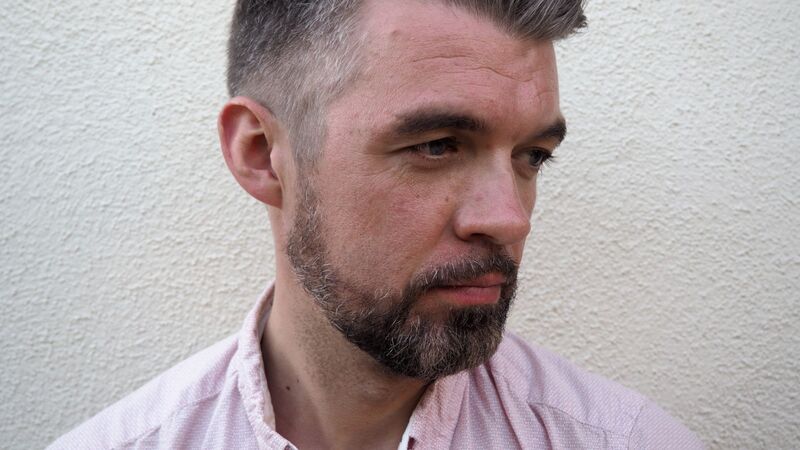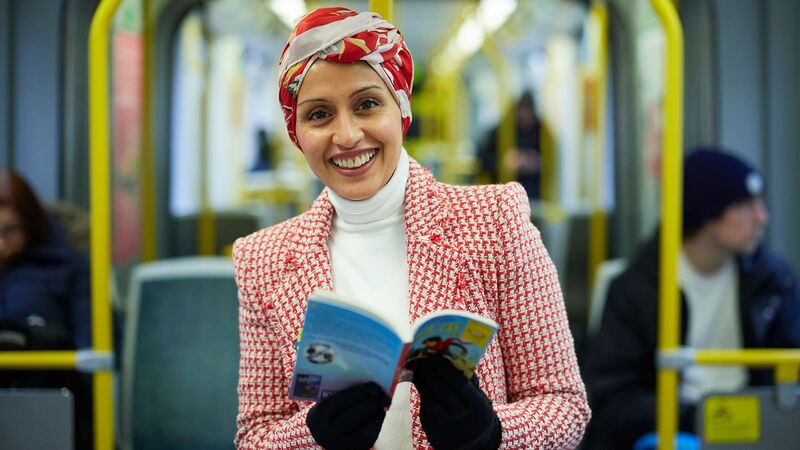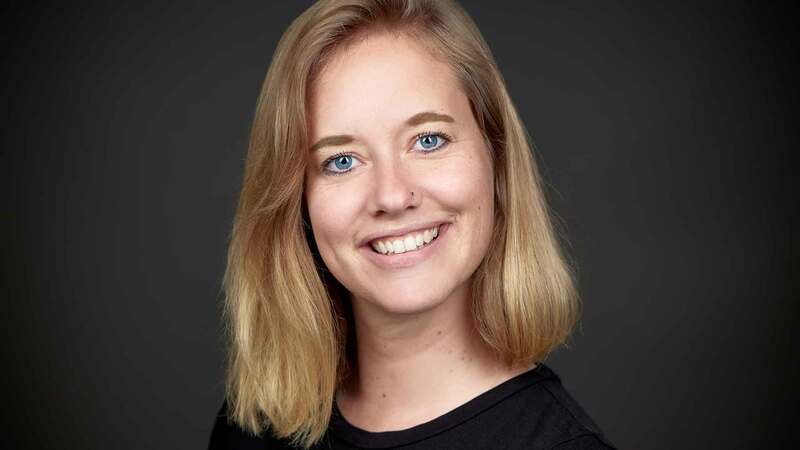You are viewing your 1 free article this month. Login to read more articles.
Sharjah debates Freedom to Publish, including in the UAE
For publishing and creativity to flourish in the Arab World, “the censorship authorities must focus more on preserving copyrights and preventing fraud and piracy than on the content of the book”, Mahmoud Lutfi, brother of imprisoned publisher and bookseller Khaled Lutfi, told delegates at the Sharjah International Book Fair Publishers Conference today (Monday). Lutfi is in prison in Egypt for publishing a translation of a title that the government did not like and was given the International Publishers Association Prix Voltaire, its freedom to publish prize, earlier this year.
Speaking at a session on Freedom to Publish, chaired by London Book Fair (LBF) Director Jacks Thomas, Lutfi noted how “media pluralism and the wide variety of information sources make any attempts to control the diversity of opinion and views impossible…Censorship and banning in our age never prevented readers from getting hold of a book”.
Daniel Gorman, Director of English PEN joined via skype and noted that the organisation believed in “free expression based on mutual respect. He added: “We would like to see PEN established in the United Arab Emirates and we continue to call for the release of Ahmed Mansoor who has just ‘celebrated’ his 50th birthday in prison in the UAE”. Mansoor, a human rights defender and blogger, was convicted last year of "insulting the status and prestige of the UAE and its symbols", and English PEN has been campaining for his release. Ill health prevented Ibrahim Ali Khadim from the UAE’s National Media Council from joining the panel to respond.
Sharjah is Market Focus at the LBF next year and Thomas observed. “As a publishing industry we jealously guard our freedom to publish. But we are all at different stages of industry organisation and maturity. Each country is – happily – a little different and we all have much to learn from each other.”
Kristenn Einarsson, chair of the IPA’s freedom to publish committee, said that restrictions on educational publishing were growing in parts of Europe, with more state involvement at the expense of local publishers.
In heartfelt remarks, fellow panellist Isobel Abulhoul, c.e.o. of the Emirates Literature Foundation concluded: “Each country is unique in culture and history. What may be acceptable in one country may not be in another. It is important to understand the culture of the region. One size does not fit all.”

